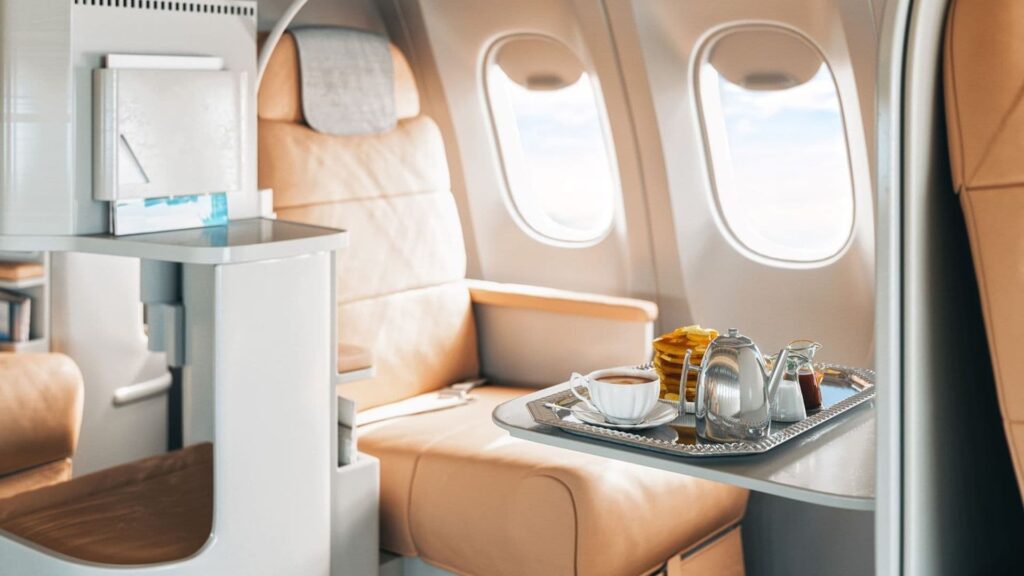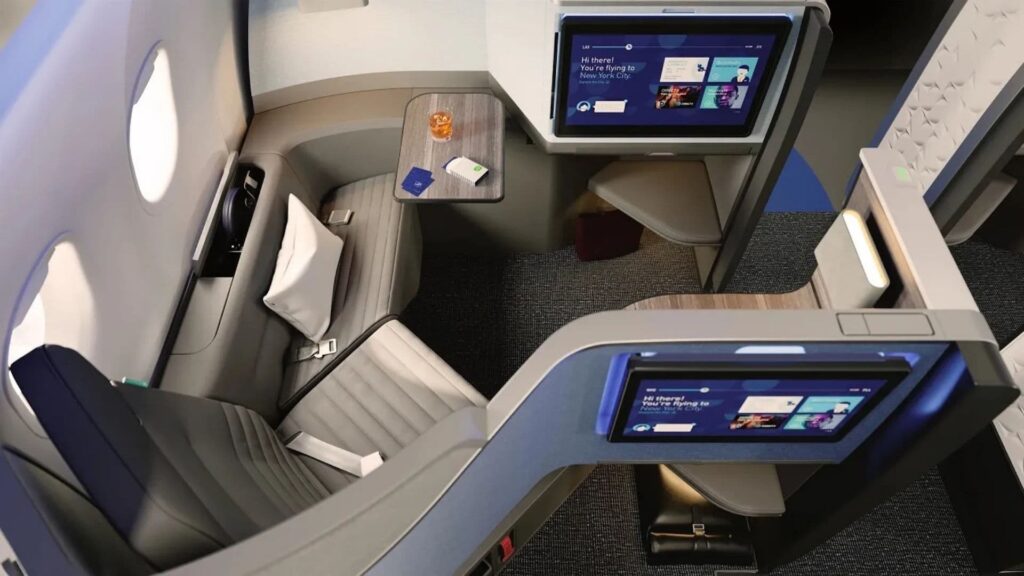
If you’ve ever wondered if you can write off first class travel, you’re not alone. Creative professionals, entrepreneurs, and business travelers alike dream of turning those plush seats and extra legroom into a savvy tax deduction. But before you start booking those premium tickets, it’s essential to understand the IRS rules, what “ordinary and necessary” actually means, and how to avoid the dreaded audit red flag. While the idea of writing off first-class travel sounds glamorous, the reality is more nuanced. In this article, we’ll explore whether you can legitimately deduct first-class airfare, what makes a business trip deductible, and how to keep your travel expenses both luxurious and above board. From urgent flights to international adventures, we’ll break down the dos and don’ts so you can make informed decisions-and maybe even enjoy the perks of first class without the tax-time stress.
What Qualifies as a Deductible Business Travel Expense?
Business travel deductions are available when your trip meets specific IRS criteria. Generally, you can deduct expenses for travel that is “ordinary and necessary” for your trade or business, provided the trip is temporary (not expected to last more than a year) and you’re away from your tax home overnight or long enough to require rest. Deductible expenses include airfare (yes, even first class, in certain cases), lodging, meals (usually 50% deductible), transportation to and from your destination, and even dry cleaning or laundry costs. However, the IRS is clear: expenses can’t be “lavish or extravagant,” and they must be directly related to your business activities.
Can You Really Write Off First-Class Airfare?
Here’s where things get interesting. First-class airfare isn’t automatically off-limits, but the IRS expects you to justify the expense as “ordinary and necessary.” If you’re booking a first-class ticket just for the comfort-without a clear business reason-you’re likely to raise eyebrows. However, if the only available seat is in first class, or if your health or the urgency of the trip requires it, you may have a solid case for the deduction. For example, if you need to get to New York for a critical meeting and only a first-class ticket will get you there on time, that expense is likely deductible. But if you’re choosing first class for the perks alone, or if cheaper options were available, the IRS may disallow the deduction.

What About International and Long-Distance Travel?
International business trips follow similar rules, but with extra scrutiny. If your trip is primarily for business, you can deduct travel expenses, including first-class airfare, as long as you can prove the business purpose. However, if your trip is mostly for pleasure or includes significant personal time, you’ll need to prorate your expenses and only deduct the business-related portion. And remember, if your employer reimburses you for the cost, you can’t double-dip and claim it as a deduction.
How to Avoid an Audit When Deducting First-Class Travel
The IRS pays special attention to luxury expenses like first-class airfare, so documentation is key. Keep detailed records of your travel purpose, itinerary, and any circumstances that made first class necessary (like last-minute bookings or health reasons). If you’re self-employed or a business owner, make sure your expense is reasonable compared to your industry standards and business needs. And, of course, never claim personal or family travel as a business expense unless your family members are bona fide employees.
Practical Tips for Maximizing Your Travel Deductions
- Document Everything: Save receipts, emails, and itineraries that prove the business purpose of your trip.
- Be Reasonable: Choose first class only when it’s truly necessary for business, not just for comfort.
- Know the Limits: Remember that meals are only 50% deductible, and lavish expenses may be disallowed.
- Separate Business and Pleasure: If your trip mixes business and leisure, only deduct the business-related portion of your expenses.
- Stay Updated: Tax laws change, so consult a tax professional or the latest IRS guidelines before filing.

The Bottom Line
First-class travel can be deductible if it’s ordinary, necessary, and reasonable for your business. While the IRS doesn’t ban luxury outright, they do expect you to justify the expense and avoid extravagance. With careful planning and thorough documentation, you can enjoy the perks of first class and keep your tax return in good standing.
FAQs
Can I deduct first-class airfare for a business trip?
Yes, but only if it’s ordinary, necessary, and reasonable for your business. If cheaper options are available, the IRS may disallow the deduction.
What if my trip is part business, part pleasure?
You can only deduct the business-related portion of your expenses. Keep detailed records to separate business and personal costs.